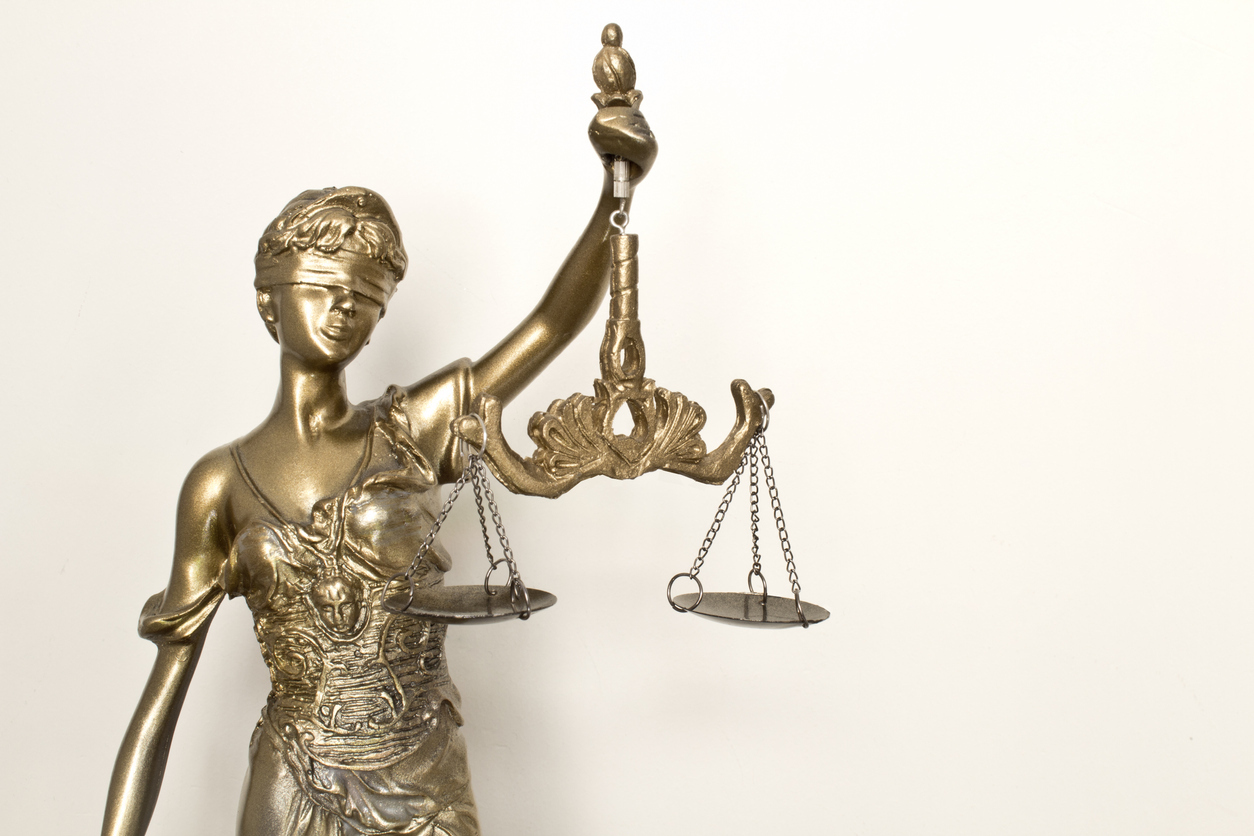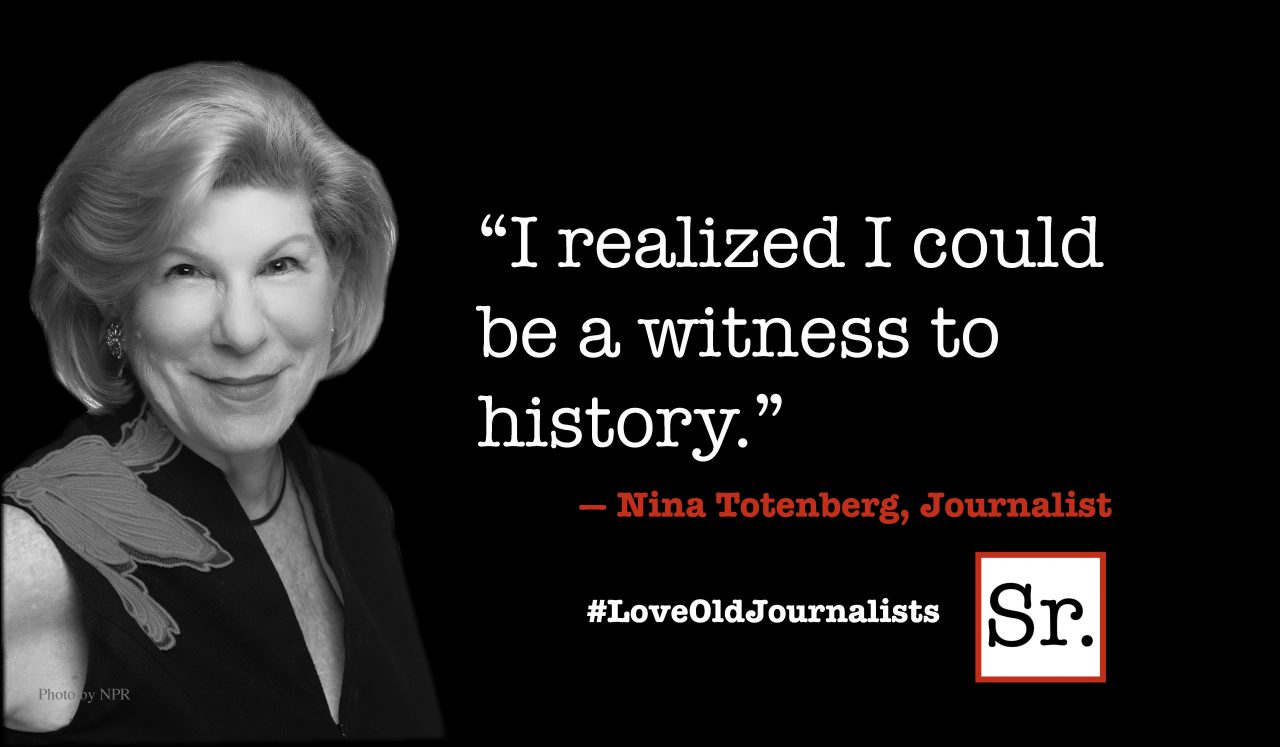A cursory look at most religions will reveal two foci, either of which will usually consume the attention of significant numbers of the faithful. The first could be called ‘right belief ’ or ‘orthodoxy’ (literally ‘right thought’) Traditionally in the Christian world orthodoxy has been encapsulated in creeds by which hundreds of years ago theologians attempted to spell out what they held to be the essence of Christian belief. These statements were refined until “the fathers” settled on the Trinity, God in three persons or three aspects of God’s oneness. Other orthodox doctrines related to events in Jesus’ life — the God-Man — such as his virgin birth, his miracles and his bodily resurrection. Once the creed-writers had nailed down proper belief, their followers attempted to nail shut what Christians were required to believe — except as history moves on, language changes, culture is perpetually being altered and meanings become more fluid than fixed. So the creed in the 21st century is not the same as the creed in the 4th century even if the words remain the same. Nevertheless, for many Christians doctrinal belief is equated with Christian faith.
Along with “orthodoxy” or right belief, a second foci—is “orthopraxis” or—right action or righteous living. Throughout Christian history, a Jesus centered ethic, or lifestyle, accompanied doctrinal belief. I have suggested elsewhere that doctrinal orthodoxy tends to breed hostility, arrogance, division, bigotry and even war. On the other hand, a commitment to live out the ethical outline Jesus articulated most often has produced peace, justice, compassion generosity and equity.
While respecting those for whom their right doctrine is foundational for what it means to be a Christian, it is clear to me that the more one focuses on that understanding of faith, the more divisive and destructive Christianity becomes. On the other hand, Christian faith—or any religion seen as an ethic centered on love, kindness and the golden rule, makes the world a nobler, more peaceful and safer place for everyone.
While this week’s column is focused on a Christian perspective, what is true of this religion is also true of most religious thought and practice. Here is where the difference in how one understands religion is critical. While most religions have a set of doctrinal beliefs, the more strongly they are held, the more profoundly do their adherents hold to an exclusive truth, and the more dangerous and ungodly religion tends to become. Since the beginning of recorded history, more bloodshed has been produced by religious absolutism than by almost any other reality. If my doctrine is THE TRUTH, in the name of God all others must accept it. And that demand poisons everything, person and cultures it touches. And what is true of Christianity is also true of any absolute system of belief.
Despite the pervasive effects of religious orthodoxy, religions in today’s world share a common ethical reality or orthopraxis summed up in an understanding of what we call the golden rule. No religion has a monopoly on “do unto others …. .“
Buddhism, “Hurt not others in ways that you yourself would find hurtful.”· Hinduism, “Do not do to others what would cause pain if done to you.” · Islam, “None of you truly believes until he wishes for his brother what he wishes for himself. · Judaism—“Thou shalt love thy neighbor as thyself.” Sikhism, No one is my enemy, none a stranger, and everyone is my friend.”· Sufism, “The basis of Sufism is a consideration of the hearts and feelings of others.”· Brahmanism, “Do naught unto others which would cause you pain if done to you.” Jainism, “One should treat all creatures in the world as one would like to be treated.” Zoroastrianism, “Do not do unto others whatever is injurious to yourself.”
Even beyond, religion, the secular world at its best shares the same ethical imperatives found in religion at its best. Right action seen as a concern for the good of the other —all others — is crucial for everyone’s well-being. Love is better than hate. Peace is better than conflict. Equity is better than inequality. Generosity is better than selfishness — and so on. The hope of the world now and always does not rest on whose creed states the truth, but whose lives reflect an ethical standard that is honored both in religion and throughout the best aspects and practices in the secular world.
While I respect those whose religion is summed up in believing right doctrine and those who hold that both orthodoxy and orthopraxis are essential to living a faithful life, I would more readily trust my life and the world’s to those for whom believing in the ethics of Jesus is far more important than is believing doctrines about him. What is essential is to live with a personal relationship to Jesus who calls us to love even our enemies, and not just a Jesus we hold was born of a virgin or walked on water. A friend of mine observed that much of the church has taken the religion of Jesus and made it into a religion about Jesus. This distinction has taken on a profound meaning these days among those who may believe in things about him but whose commitments are to militarism, racism, nationalism, inequality and wall building. I would very much like to hear from those holding to these orthodox doctrinal positions and how they can reconcile what they believe about the world in which we live with their understanding of the Christian faith, and the life Jesus calls his followers to lead.









